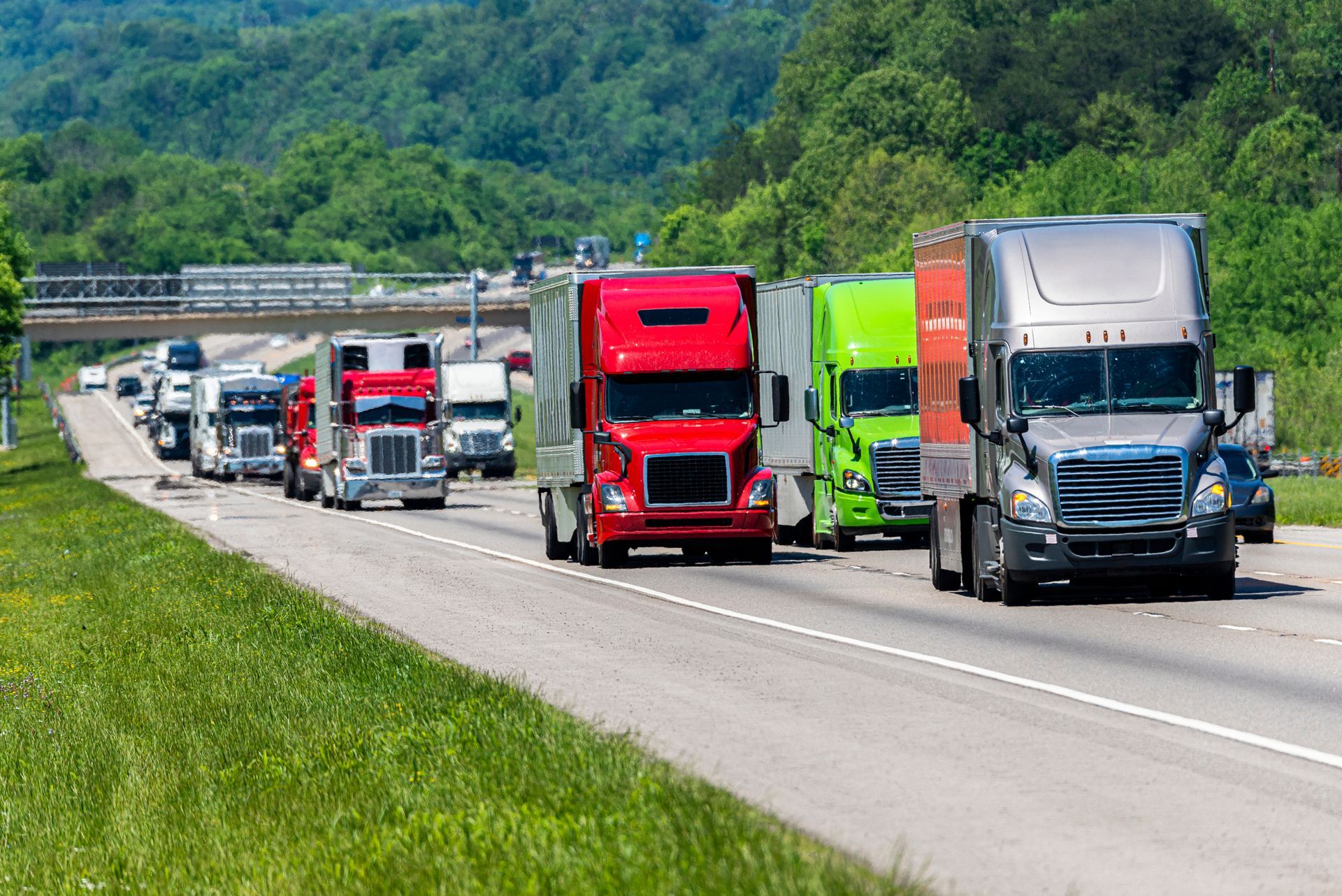Trucking’s Annual Congestion Costs Rise to $109.8 Billion
Traffic congestion on U.S. highways added $108.8 billion in costs to the trucking industry in 2022 according to the latest Cost of Congestion study published by the American Transportation Research Institute (ATRI). This finding, part of ATRI’s ongoing highway performance measurement research, marks a new record-high national congestion cost.
ATRI utilized a variety of data sources, including its substantial truck GPS database and
Operational Costs benchmarks, to calculate the impacts of trucking delays on major U.S. roadways. The total hours of congestion decreased slightly in 2022 from record 2021 highs due to a softening freight market, but the cost of operating a truck during this period increased at a much greater rate.

As a result, the overall cost of congestion increased by 15.0 percent year-over-year. This level of delay is equivalent to more than 430,000 commercial truck drivers sitting idle for one work year and an average cost of $7,588 for every registered combination truck.
In addition to the national findings, ATRI’s analysis also documented state and metropolitan delays and related cost impacts. The top 10 states each experienced costs of more than $8 billion, led by Texas ($9.17B), California ($8.77B), and Florida ($8.44B). Combined, the top 10 states ultimately account for more than half (52%) of trucking’s congestion costs nationwide.
- Texas
- California
- Florida
- New York
- Georgia
- New Jersey
- Illinois
- Pennsylvania
- Louisiana
- Tennessee
Additionally, the metropolitan areas with the highest congestion costs included New York City ($6.68B), Miami ($3.20B), and Chicago ($3.14B).
ATRI’s analysis also found that the trucking industry wasted over 6.4 billion gallons of diesel fuel in 2022 due to congestion, resulting in additional fuel costs of $32.1 billion.
“With rising costs putting pressure on businesses and consumers alike, minimizing delays caused by congestion is more important than ever,” said Frank Granieri, A. Duie Pyle COO of Supply Chain Solutions. “Addressing these challenges requires a shared commitment to modernize our infrastructure and strengthen the backbone of our economy: resilient and efficient supply chains.”
So, what is the solution? If you intend to wait for State and Federal agencies to pony up the funds, well I think you have been smoking funny cigarettes.
It is this writer’s opinion that not only should motor carriers keep up on fuel surcharges but also institute a “congestion charge” to all freight headed for the foregoing States and Cities listed.
A copy of this report is available to all NTA Members.
Content Disclaimer: Due to the constantly changing nature of government regulations, it is impossible to guarantee the total and absolute accuracy of the material contained herein or presented. NorthAmerican Transportation Association (NTA) cannot and does not assume any responsibility for omissions, errors, misprinting or ambiguity contained. NTA shall not be held liable in any degree for any loss, damage or injury caused by any such omission, error, misprinting or ambiguity present. It is made available with the understanding that NTA is not engaged in rendering legal, accounting or other professional service. If legal advice or other expert service is required, the services of such a professional should be sought.











